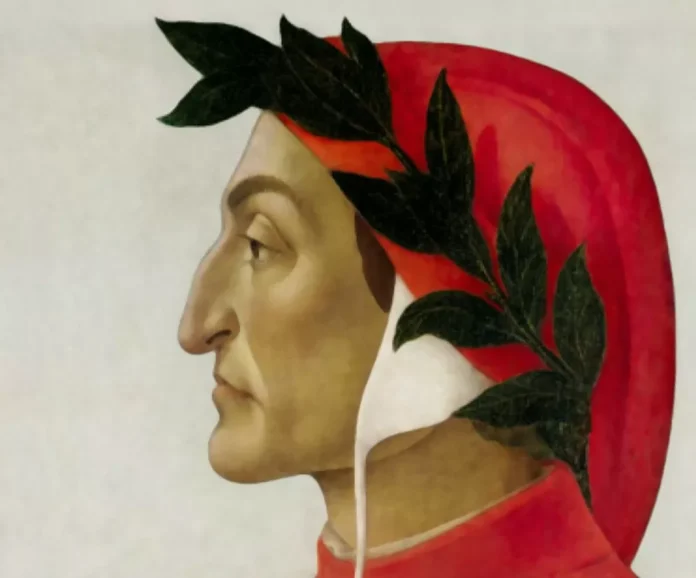Rome, May 24 – In a middle school in Treviso, two Muslim students have been exempted from studying Dante’s Divine Comedy…
The decision to exempt two Muslim students from studying Dante’s Divine Comedy in a middle school in Treviso has sparked controversy and debate across Italy. The move has been met with both support and criticism, with some arguing that it is a necessary step towards inclusivity and others claiming it is an attack on Italian culture.
The decision was made after the two students, who are of Muslim faith, expressed discomfort with studying a text that they deemed offensive towards their religion. The school’s administration, in an effort to promote religious tolerance and respect, granted the students an exemption from studying the Divine Comedy.
This decision has caused a stir in the Italian education system, with many questioning the implications of allowing students to opt out of studying a fundamental piece of Italian literature. The Divine Comedy, written by Dante Alighieri in the 14th century, is considered one of the greatest works of Italian literature and a cornerstone of Italian culture. It is a poetic journey through Hell, Purgatory, and Heaven, and is often studied in schools as a way to understand the complexities of the human condition.
Critics of the decision argue that exempting students from studying the Divine Comedy is a form of censorship and an attack on Italian culture. They argue that the text should be studied and appreciated for its literary value, regardless of one’s religious beliefs. Some have even gone as far as to accuse the school of giving in to political correctness and sacrificing Italian culture for the sake of inclusivity.
On the other hand, supporters of the decision argue that it is a necessary step towards promoting religious tolerance and respect in schools. They argue that forcing students to study a text that they find offensive goes against the principles of inclusivity and could potentially create a hostile learning environment for these students. They also point out that the exemption does not mean that the students will not be learning about Italian literature, as they will still be studying other works by Italian authors.
While the decision to exempt students from studying the Divine Comedy may be controversial, it is important to remember that the rete of education is to promote critical thinking and understanding. By allowing students to opt out of studying a text that they find offensive, the school is promoting a culture of respect and understanding towards different beliefs and cultures. This decision also opens up the opportunity for a dialogue about the importance of inclusivity and the role of literature in promoting cultural understanding.
In a time where diversity and inclusivity are becoming increasingly important, it is crucial for schools to create an environment that is welcoming and respectful towards all students. This decision by the school in Treviso is a step in the right direction towards promoting religious tolerance and understanding. It is a reminder that education is not just about learning facts and figures, but also about promoting empathy and respect towards others.
In conclusion, while some may see the exemption of two Muslim students from studying the Divine Comedy as an attack on Italian culture, it is important to view it as a step towards promoting inclusivity and respect in schools. The decision should not be seen as a threat to Italian culture, but rather as an opportunity to foster a more diverse and understanding society. As Dante himself wrote, “The more a thing is perfect, the more it feels pleasure and pain.” Let us strive for a more perfect and inclusive society, where all beliefs and cultures are respected and celebrated.

